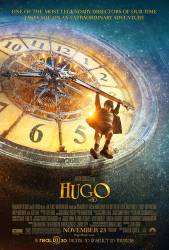Question: What song is playing in the background when the Station Inspector is flirting with the Flower Girl and asks her about her flowers?
Question: Why does the Station Inspector chase children who are on their own and threaten to send them to an Orphanage? Is that what it was like in the 1930s?
Chosen answer: It is more than likely an early form of our modern day child protection. Just as today if children are found to be at risk, they can be and are taken away by social services and put into foster care. In the film, orphans may have been seen as a plague in an area that attracts posh looking people in stark contrast to urchins in rags eating out of bins. Most European orphanages/care homes/hospices/whatever you want to call them at that time were no better than anything depicted in Charles Dickens 50 years previously.






Answer: He's not making it a point to chase down random children - he's like a security officer at an airport. It's his job to apprehend thieves and troublemakers and keep the station safe, and he only threatens to send children to the orphanage if they don't have parents for him to return them to. Also, it's implied once he finally apprehends Hugo that his particular harshness toward orphans (and most of his character flaws in general) is due to apparently having been one himself. He spells out the kinds of lessons he was forced to learn by growing up without a family, explaining how he became so cold, bitter, and antisocial.